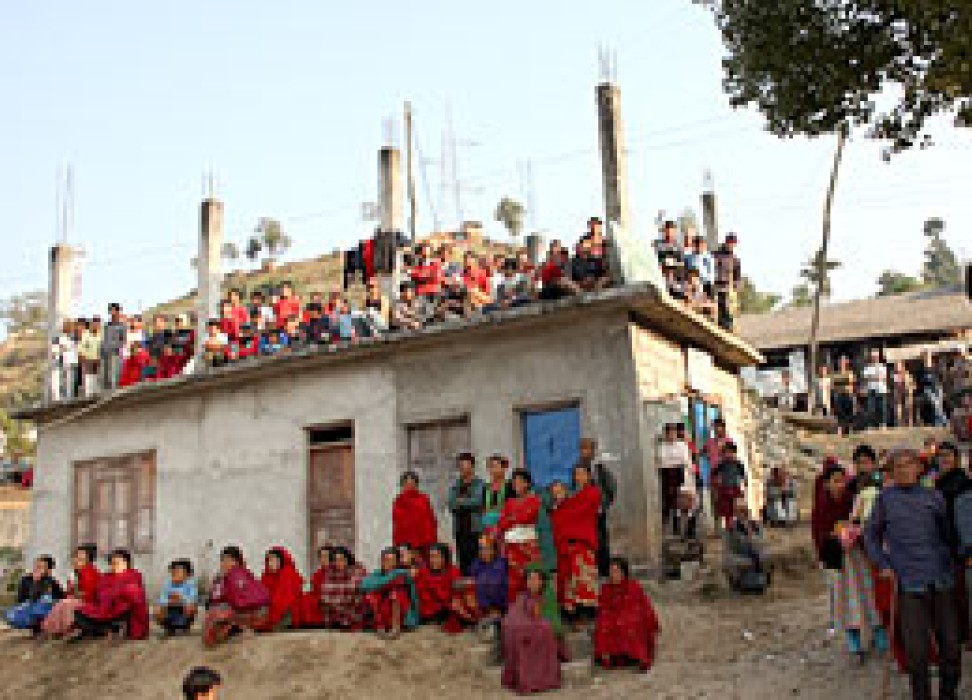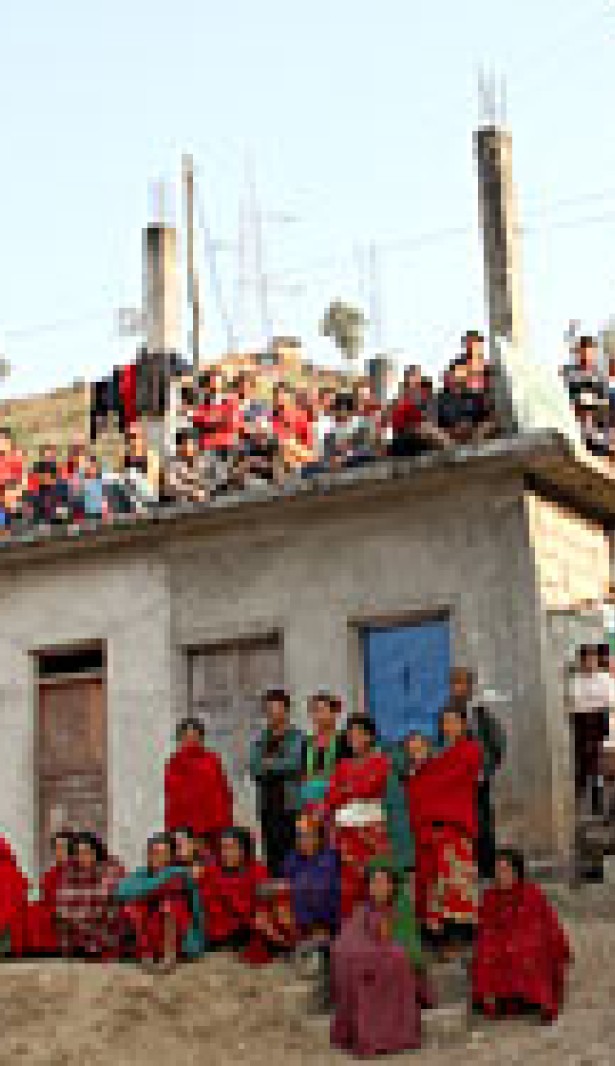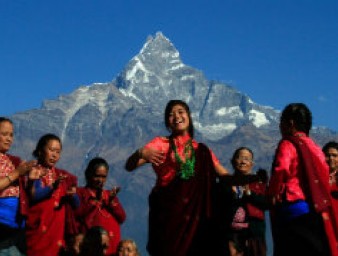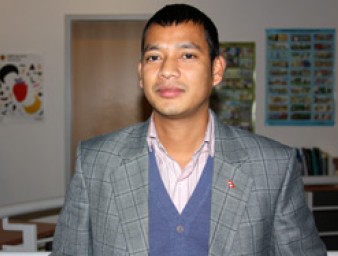UN report sheds light on violations during decade-long Nepal conflict
09 October 2012

On the night of 3 July 2002, Chandra Bahadur Khatri was taken from his house by cadres of the Communist Party of Nepal (Maoist). His wife and children found him the next morning in a nearby building, severely injured and begging for water. He told them he had been beaten by over 50 Maoists. He died five hours after having been found, no one knowing why he had been clobbered.
Two years later, also on 3 July, Nepali Security Forces in civilian clothes woke up Ramadevi Adhikari and her husband at their home. Ramadevi was kept in the house while her husband was taken outside. From there, Security Force members were heard accusing her of providing food to Maoists while she pled for her life. Then the sound of gunfire was heard from within. Shewas found shot dead.
These two cases, emblematic of the ten-year conflict between the Government of Nepal and the Communist Party of Nepal (Maoist), are described in a new report by the UN Human Rights Office.
The document compiles the most serious human rights violations observed during the Nepali civil war including unlawful killings, torture, sexual violence, disappearances, and arbitrary arrests. Other cases involving the two parties in the conflict are used to illustrate international law relating to these crimes.
Accompanying the report is the Transitional Justice Reference Archive, a searchable database of around 30,000 cases and documents that was compiled to preserve evidence and information relating to the conflict. Cases in the Archive were compiled by civil society organisations, the Nepal Human Rights Commission and OHCHR during the six years it operated a national office in Nepal.
“According to the documents examined in the course of compiling this Report, it is reasonable to suspect that up to 9,000 serious human rights or international humanitarian law violations may have been committed during the decade-long conflict,” said the Chief of the Asia Pacific and Middle East and North Africa Branch at the UN Human Rights Office, Hanny Megally. “However, at the time of writing this report, no-one in Nepal has been prosecuted in a civilian court for a serious conflict-related crime.”
The database and the UN Human Rights report were created to support the transitional justice process in Nepal and form the basis of the work of transitional justice mechanisms. However, these mechanisms have not yet been established.
Moreover, the report comes at a time when the government of Nepal has proposed an ordinance to establish the country’s Truth and Reconciliation Commission with a power to grant amnesties to perpetrators of crimes and gross violations committed during the conflict.
Megally reminds Nepal that such amnesties perpetuate impunity and weaken the foundations for lasting peace.
“Under international law, the Government of Nepal has a fundamental obligation to investigate and prosecute serious violations of international human rights law and international humanitarian law that were committed during the conflict,” he said. “Where there is a reasonable basis for suspicion that a serious violation of international law occurred, these cases merit prompt and independent investigation by a full judicial process.”
The report also offers a wide range of recommendations to the major stakeholders in the Nepali transitional justice process, including the victims of human rights violations who are encouraged to support the prosecution of emblematic cases and seek reparations.
9 October 2012

VIEW THIS PAGE IN:



